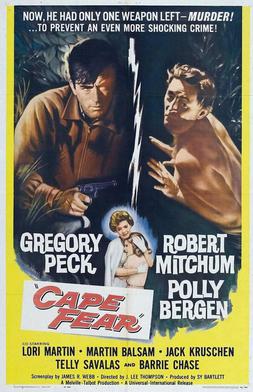A blog formerly known as Bookishness / By Charles Matthews
"Dazzled by so many and such marvelous inventions, the people of Macondo ... became indignant over the living images that the prosperous merchant Bruno Crespi projected in the theater with the lion-head ticket windows, for a character who had died and was buried in one film and for whose misfortune tears had been shed would reappear alive and transformed into an Arab in the next one. The audience, who had paid two cents apiece to share the difficulties of the actors, would not tolerate that outlandish fraud and they broke up the seats. The mayor, at the urging of Bruno Crespi, explained in a proclamation that the cinema was a machine of illusions that did not merit the emotional outbursts of the audience. With that discouraging explanation many ... decided not to return to the movies, considering that they already had too many troubles of their own to weep over the acted-out misfortunes of imaginary beings."--Gabriel García Márquez, One Hundred Years of Solitude
Search This Blog
Thursday, January 21, 2016
Cape Fear (J. Lee Thompson, 1962)
When I watched Martin Scorsese's 1991 remake of this movie, I commented that I hadn't seen Lee Thompson's 1962 version and didn't know why Scorsese would want to remake it. And now that I've seen it, I still don't know. This earlier version, with a screenplay by James R. Webb from the same John D. MacDonald novel, The Executioners, is a tense, well-cast movie with the same Bernard Herrmann soundtrack that Scorsese had Elmer Bernstein adapt for his version. What Scorsese's screenwriter, Wesley Strick, did was to add more complications to the characters in the later film. Gregory Peck's Sam Bowden is a straight arrow compared to Nick Nolte's, and both Jessica Lange and Juliette Lange bring greater depth to Bowden's wife and daughter than Polly Bergen and Lori Martin do in the earlier version. But given that the movie in both cases is essentially a suspense thriller, I'm not sure that this is necessarily an improvement: The earlier film's emphasis on the innocence of the Bowdens makes the threat posed by Robert Mitchum's Max Cady more intense than that posed by Robert De Niro to the more morally compromised Bowdens of the Scorsese film. So in short, I have to say I prefer the earlier version. No one is saying that Lee Thompson was a better director, or that the screenwriter and actors in his version are superior to Scorsese and company. But if the intent of the film is to shock and to have the audience on the edge of their seats, then the earlier version does the job better. I have never been a fan of Gregory Peck, who is an actor who never surprises me with a line delivery or facial expression, as Nolte has been known to do, and Bergen and Martin are decidedly inferior to Lange and Lewis as actors, but they make better victims, which is all that the movie asks of them. The one performance that seems to me superior is Mitchum's, perhaps because there is a brutishness in his very persona that is lacking in De Niro, who has many film personae. I think De Niro overacts feverishly to make his Cady menacing, at the expense of becoming ludicrous. Mitchum, on the other hand, has only to narrow his sleepy eyes to suggest the deep psychosis of his character, and his menacing of Bergen, in which Mitchum apparently improvised the device of breaking an egg and smearing her with it, is truly chilling. Although Lee Thompson's final sequence, in which Cady sneaks up on the Bowdens' houseboat, is somewhat botched -- we're never quite sure where Cady, Bowden, and the detective assigned to guard them are at any given moment -- I still think it's preferable to the special-effects-laden storm that destroys the houseboat in Scorsese's film. Lee Thompson, whose only other really memorable film was The Guns of Navarone (1961), was never the filmmaker that Scorsese is, but here I think he does a better job of keeping the audience on edge.
